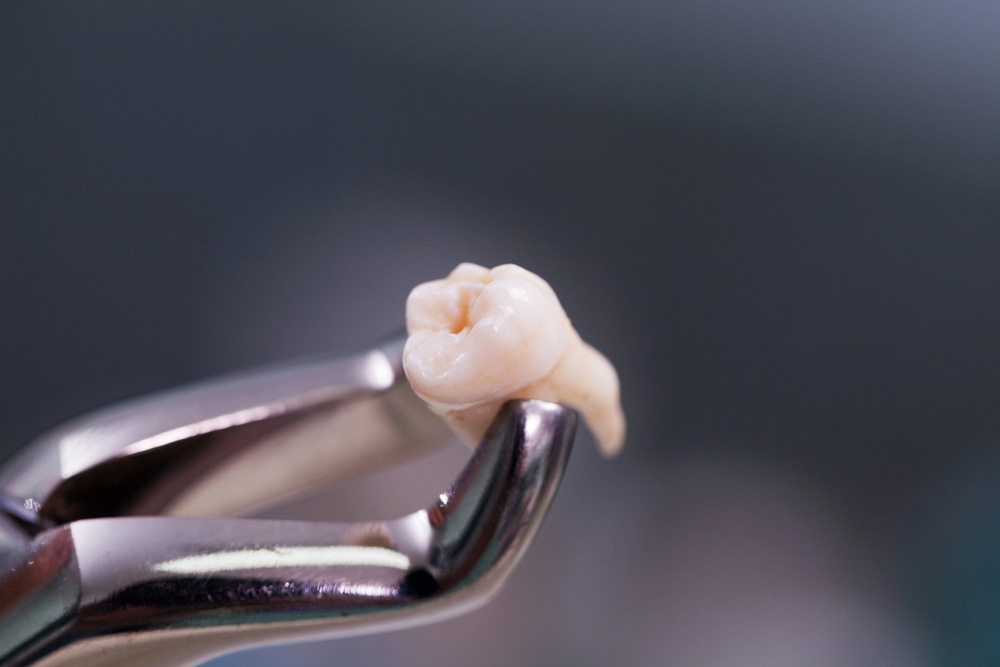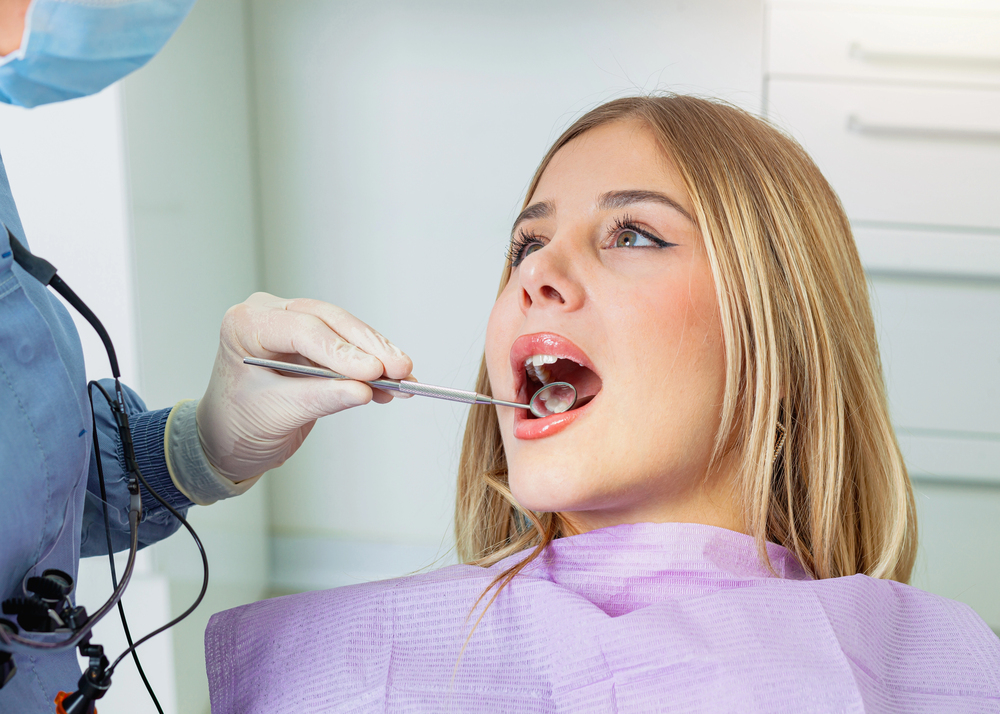
Why Do People Get Their Wisdom Teeth Removed?
Wisdom teeth are the last set of molars to develop in the mouth, usually emerging...

Returning to the dentist after a long absence can be intimidating. You may feel uncertain about what to expect, and that anxiety can prevent you from seeking the dental care you need. However, knowing what to expect at your first dentist appointment in years can help you feel more prepared and relaxed. If it’s been a few months or several years, rest assured that your dentist is there to offer understanding, gentle care, and a thorough assessment of your dental health.
Your first dental appointment after a long hiatus will likely take about an hour, and this time will be used to make sure your overall dental health is thoroughly assessed. During this appointment, your dentist will take the time to get to know you, review your dental history, and discuss any specific health concerns you may have. There is no rush in this process, as your dentist will focus on addressing all aspects of your oral health, giving a detailed evaluation of your teeth, gums, and mouth. Expect more than just a routine cleaning—this appointment may include X-rays, a check for cavities, gum health, and a discussion on preventive care. The goal is to create a tailored plan to help maintain or improve your dental well-being moving forward.
Upon your arrival, our friendly team will welcome you and ask you to complete patient forms. These forms are vital for gathering important information, including your health history, medications, and any allergies. Giving accurate and detailed information is vital to make sure that we can offer the best possible care tailored to your needs. If you have dental insurance, we will also ask for details to verify your coverage and make sure that your benefits are processed correctly. This helps streamline the process and allows us to focus on delivering the highest standard of care during your visit.
After the initial paperwork is complete, the next step is typically a set of dental X-rays. X-rays are vital for identifying issues that may not be visible to the naked eye, such as cavities between teeth, bone loss, or infections in the roots. While some patients find the X-ray process a little uncomfortable, it is quick and non-invasive. The x-ray technician will position you comfortably, place a lead apron over your chest, and ask you to bite down on a small sensor. This process usually only takes a few seconds, but it gives valuable insight into your oral health.
During your X-ray session, you may need to adjust slightly as different areas of your mouth are scanned. Your dentist will review the images captured and explain any findings. This is a great time for you to ask questions about the health of your teeth, gums, and jaw.
Once the X-rays are complete, your dentist will thoroughly examine your teeth and gums. The goal here is to check for any issues that could have developed over the years, such as gum disease, tooth decay, or other potential oral health concerns. The dentist will also examine your bite, check for signs of teeth grinding, and assess the condition of any fillings, crowns, or previous dental work.
During the examination, the dentist will use a variety of dental tools to gently probe the teeth and gums. You might hear the dentist discuss their findings with the dental hygienist or assistant, and they will walk you through everything they observe, making sure that you are well-informed. The goal is to help you understand the state of your oral health and discuss any necessary treatments.
After the examination, the dentist will discuss their findings with you and give recommendations for next steps. These will be explained clearly if any treatments are required, such as fillings, cleanings, or a deeper examination. You will have the opportunity to ask questions, voice concerns, and discuss treatment options that fit your lifestyle and needs.
By the end of the appointment, you will leave with a better understanding of your oral health and a clear plan for maintaining or improving it. The dentist will also emphasize the importance of regular checkups and cleanings to prevent future issues.
After your thorough examination, one of the next steps is a professional dental cleaning. If it has been some time since your last visit, your teeth will likely have accumulated plaque and tartar. This buildup is common and not something to be embarrassed about. The cleaning process may take a little longer than usual, as the hygienist will need to carefully remove the plaque and tartar from your teeth, especially in hard-to-reach areas.
Once the cleaning is complete, your mouth will feel refreshed and much cleaner. This is also a great opportunity to ask any questions about oral hygiene and how you can improve your routine at home.
After your cleaning, your dentist will sit down with you to discuss the results of your examination and cleaning. This is your chance to have an in-depth conversation about your dental health, any issues discovered, and the best ways to move forward. If you need follow-up treatments like fillings or more advanced procedures like crowns or implants, your dentist will walk you through every option available. It is important to ask about all your treatment options so that you can make an informed decision.
If any issues are found, your dentist will provide a detailed treatment plan to address them. You may need to schedule a follow-up appointment for a specific procedure, or they might suggest home care strategies to improve your oral hygiene. Regular dental visits are key to catching problems early before they become more serious.
One of the most important takeaways from your appointment will be the recommendation for regular checkups. Even if you feel your teeth are fine, regular visits to the dentist help maintain your oral health and prevent long-term issues such as gum disease, tooth decay, or tooth loss. A six-month checkup schedule is usually ideal, but your dentist will adjust this based on your personal dental needs.